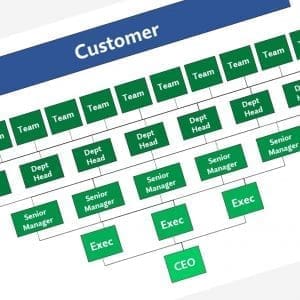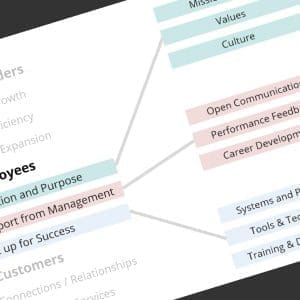… and suddenly you’re not there any more.” – The Ghost of Christmas Present, enjoying a memento mori moment
A repeating theme in my feed reader has been the drive to “work different”; clunky grammar aside, we need to change the way we communicate and collaborate, increase our focus on innovation, and spend less time in pointless meetings.

On that latter point, I read this article on my latest flight; Mankins talks about the galling amount of time spent in meetings for a typical corporation. Many organizations will stress the need to focus on the “critical few”, while at the same time, folks in the trenches will [correctly] point out the always-expanding demands on their attention, from strategic imperatives and operational initiatives, to ever-changing process & technology, and the need to learn new things.
<aside> Tricky, that last bit – even though we see innovation opportunities that will come from information and technology, we must be mindful of the attention drain placed on ourselves and others with these new ways of working. </aside>
It’s more than just non-value-adding time; Rothman writes on the significant productivity impact of interruptions. I know this to be true from experience; when I am focused on a large task – one that might take a few hours to complete – and get interrupted with a meeting (scheduled or unscheduled), it takes about 15-30 minutes to get back in the rhythm of the interrupted work. Throw in some meeting prep, and two hours of calendar time in the middle of a typical day equates to one hour of productive working time – ouch.
I can think of two approaches to this challenge – teams can and should look at their regularly scheduled meetings with an eye towards condensing and/or eliminating redundant ones. You can also question the amount of time spent – why schedule an hour when 30 minutes will do? Why not shoot for 45 minute meetings, and use the “extra” 15 minutes at the end of the hour to prep for the next meeting/ chunk of work?
Another idea came to me while I was reading these two articles; since many meetings are one-on-one personal status updates between managers and their teams, it might be helpful if, as a group, all agreed on specific days of the week for these update sessions, freeing up other days for uninterrupted working time on projects and support issues. You may have to target half-days for these Designated Meeting Zones – flexibility will be required, for example, if your global team is stretched across many time zones. It’s not a perfect solution – there will always be ad hoc meetings popping up – but eliminating redundant / needless meetings, and streamlining the required ones, might free up larger, uninterrupted chunks of time for concentrated work.
Wouldn’t it be truly transformative for your schedule if you could get two, even three days of uninterrupted working time? I know, three days per week of focused productive work might be optimistic, but hey, it’s a stretch goal …





Comments (0)